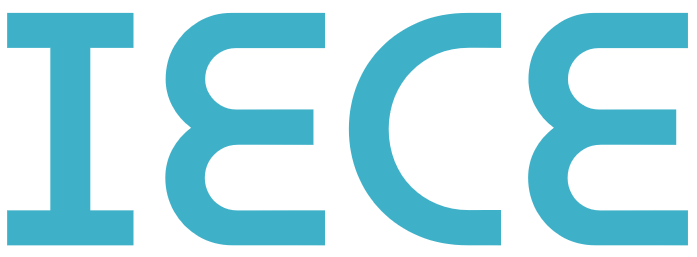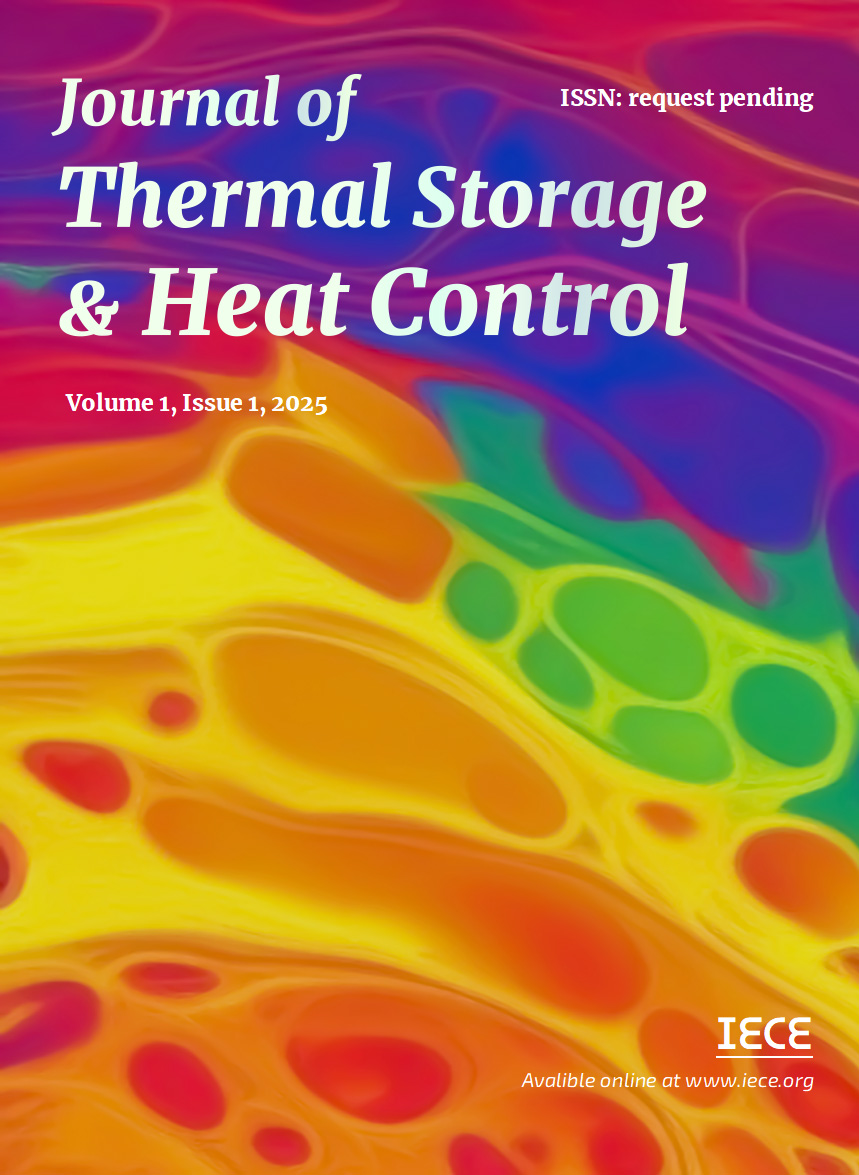Journal Information
Journal of Thermal Storage and Heat Control
Online ISSN: request pending
Print ISSN: request pending
Publishing model: Open Access
DOI Prefix: 10.62762/JTSHC
Aims & Scope
The Journal of Thermal Storage and Heat Control is dedicated to advancing the scientific understanding, technological innovations, and practical applications related to thermal energy storage (TES) and heat management systems. The journal serves as a platform for researchers, engineers, and policymakers to share their findings on various aspects of thermal storage and heat control technologies, aiming to enhance energy efficiency and sustainability across multiple industries.
Aims
The primary aim of the Journal of Thermal Storage and Heat Control is to publish high-quality, peer-reviewed articles that explore new methodologies, materials, and systems for the storage, transfer, and control of thermal energy. The journal seeks to bridge the gap between fundamental research and real-world applications, promoting the development of innovative solutions to meet the growing global demand for sustainable energy practices.
Scope
The scope of the journal includes, but is not limited to, the following areas:
Thermal Energy Storage Systems
• Sensible heat storage systems (e.g., water, molten salts, concrete, rocks)
• Latent heat storage systems (e.g., phase change materials, eutectic mixtures)
• Thermochemical energy storage systems
• High-temperature and low-temperature storage solutions
• Advanced materials for energy storage applications (nanomaterials, composite materials, etc.)
Heat Transfer and Management
• Thermal conductivity, heat capacity, and thermophysical properties of storage materials
• Heat exchange mechanisms in thermal storage systems
• Active and passive heat transfer solutions for energy systems
• Heat management in buildings, industrial processes, and renewable energy applications
• Thermal energy management in heating, ventilation, and air conditioning (HVAC) systems
Thermal Storage in Renewable Energy Systems
• Solar thermal energy storage and utilization
• Thermal storage for wind, geothermal, and other renewable energy applications
• Integration of thermal storage with renewable energy grids
• Solar and wind hybrid systems with thermal energy storage
Energy Efficiency and Sustainability
• Optimization of thermal storage systems for energy efficiency
• Thermal storage in district heating and cooling systems
• Energy management and demand response with thermal energy storage
• Environmental and economic impacts of thermal storage technologies
• Life cycle assessment (LCA) and sustainability studies of thermal energy storage systems
Modeling, Simulation, and Control
• Computational methods for thermal storage system design and performance analysis
• Multi-scale modeling and optimization of thermal storage systems
• Control strategies for temperature regulation and energy dispatch
• Machine learning and AI applications in thermal storage and heat control
Applications and Case Studies
• Industrial applications of thermal storage in energy-intensive processes
• Thermal storage in building energy systems and smart cities
• Application of thermal storage in transportation (e.g., electric vehicles, thermally-assisted vehicles)
• Case studies on successful implementation of thermal storage technologies in commercial and industrial settings
Publication Frequency
Quarterly
Ownership

The journal is owned by Institute of Emerging and Computer Engineering.
Archiving
All journals published by IECE are archived in Portico, which provides permanent digital archiving for scholarly journals.
Ethics Statement
IECE is responsible for implementing rigorous peer review and strict ethical policies and standards to ensure that high quality scientific work is added to the field of scholarly publishing. IECE takes such publishing ethics issues very seriously, and our editors are trained to enforce COPE's Core Practices and Guidelines, with a zero-tolerance policy for plagiarism, data falsification, and other behaviours. To verify the originality of content submitted to our journals, we use iThenticate to check submissions against previous publications.



